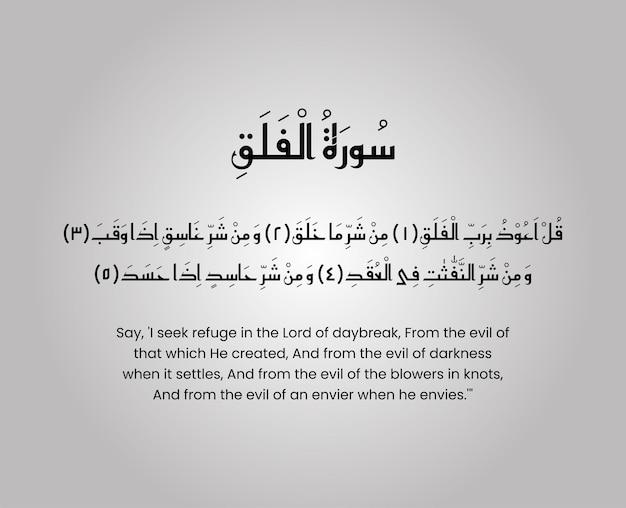As Guinea-Bissau approaches its upcoming elections, tensions are mounting regarding the country’s relationship with foreign media. In a move that has raised eyebrows among international observers and human rights advocates, the government has intensified its crackdown on foreign journalists and media outlets. This effort is seen as part of a broader strategy to control the narrative and manage public perception ahead of a vote that could shape the nation’s political landscape for years to come. With mounting concerns over media freedom and the implications for democratic processes, analysts are closely watching how these developments will unfold in the lead-up to election day.
Guinea-Bissau Tightens Media Restrictions Ahead of Election Season
As Guinea-Bissau approaches a pivotal election season, the government has implemented a series of stringent measures targeting foreign media outlets. This crackdown comes amid concerns over foreign influence and the portrayal of the electoral process, which officials argue could destabilize the nation. The newly enforced protocols require foreign journalists to register with authorities, face background checks, and obtain special permits to cover political events. Critics argue that these restrictions are an attempt to stifle independent reporting and discourage external scrutiny.
Key restrictions impacting foreign media include:
- The necessity for registration and permits for foreign journalists.
- Heightened scrutiny and potential restrictions during election coverage.
- Increased penalties for reporting deemed unfavorable to government narratives.
These actions have sparked international concern about the erosion of press freedoms in Guinea-Bissau, a country already grappling with a history of political turmoil and instability. Enhancing media controls ahead of elections not only raises questions about transparency but also signals growing apprehension among ruling authorities regarding public dissent and external perceptions.
Impact of Foreign Media Clampdown on Democratic Processes
The recent crackdown on foreign media in Guinea-Bissau raises significant concerns regarding the integrity of the electoral process as countries approach a critical juncture in their democratic evolution. Limitations imposed on international news outlets hinder the flow of information, which is pivotal for fostering an informed electorate. As local journalists face increasing pressure to conform to government narratives, the trustworthiness of reporting diminishes, potentially leading to:
- Manipulation of public perception: The ruling powers may utilize state-controlled narratives to skew reality.
- Lack of transparency: Important issues that should be debated in public discourse might be overlooked.
- Voter apathy: Citizens may disengage from the electoral process if they perceive a lack of credible information.
Moreover, the clampdown on foreign media can disrupt the balance of power within civil society. Democratic institutions rely heavily on the role of a free press to hold leaders accountable and provide checks on authority. With foreign journalists facing restrictions, there is a heightened risk of creating a media landscape dominated by state narratives. This shift may lead to:
- Increased political polarization: Citizens might find themselves caught in echo chambers, further entrenching divides.
- Suppression of dissent: Independent voices may find it increasingly difficult to report on sensitive topics.
- International isolation: The country’s actions may invite condemnation from the global community, affecting international relations.
Recommendations for Safeguarding Press Freedom in Guinea-Bissau
To reinforce the pillars of press freedom in Guinea-Bissau, a multi-faceted approach is necessary. Key actions include fostering an environment that supports independent journalism, ensuring that media outlets operate without harassment or intimidation. This can be achieved through:
- Legal protection: Enforcing laws that safeguard journalists against censorship and violence.
- Promoting media literacy: Educating the public on the importance of press freedom and the role of the media in democracy.
- International partnerships: Collaborating with global organizations to monitor and report abuses against journalists.
Additionally, engagement with civil society is crucial for creating a culture that values diverse perspectives. This can involve:
- Support for local journalism: Providing resources and training to local media professionals to improve their capacity and resilience.
- Encouraging transparency: Advocating for government accountability by making information more accessible to the public.
- Forming coalitions: Uniting various stakeholders-journalists, activists, and community leaders-to collectively advocate for press rights.
In Retrospect
As Guinea-Bissau approaches a pivotal election season, the government’s intensified crackdown on foreign media underscores significant concerns about press freedom and the broader implications for democratic discourse in the country. The restrictions reflect an escalating tension between the state and independent journalism, raising questions about the transparency of the electoral process and the role of foreign observers. With political dynamics shifting and the stakes high, the international community will be closely monitoring the situation, advocating for a fair and open electoral environment. As voters prepare to head to the polls, the ability of media outlets to report freely will be crucial in ensuring that the voices of the electorate are heard and respected.

